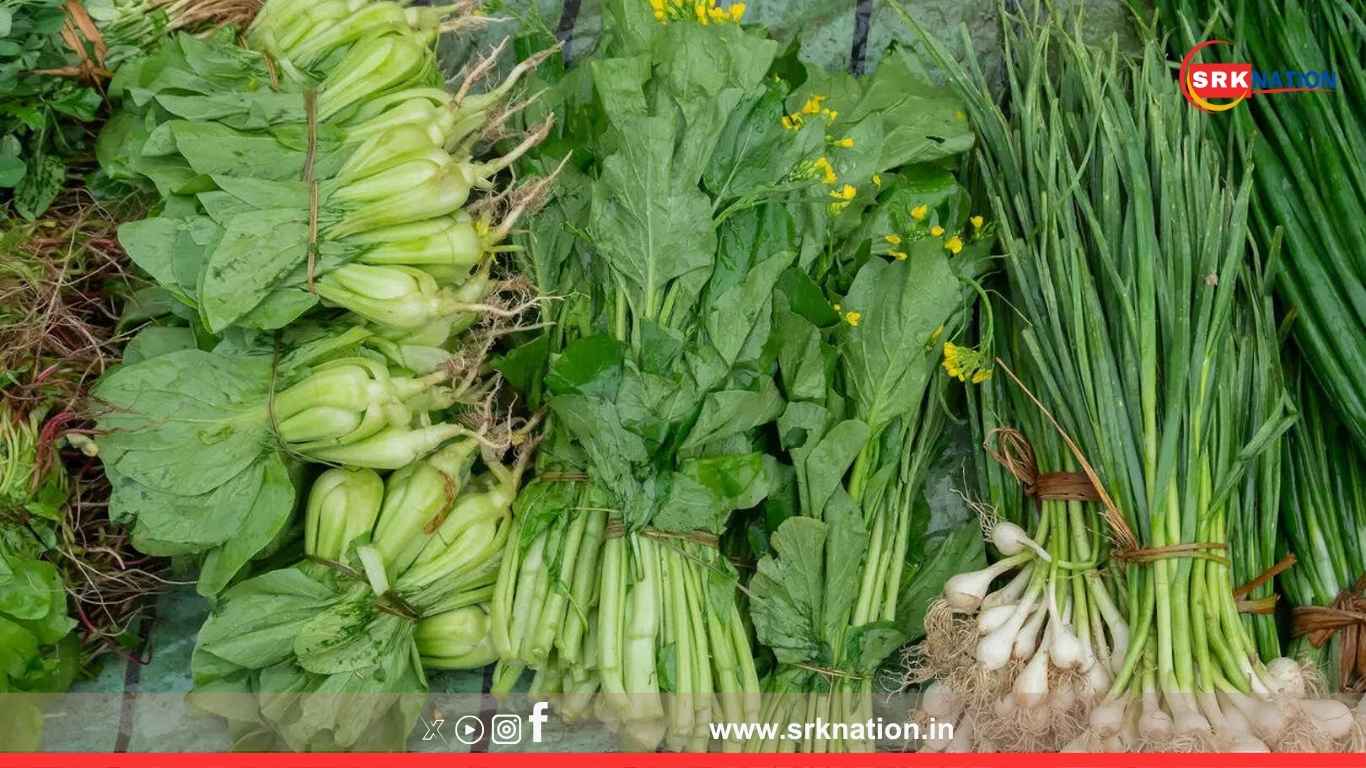Mangoes, often hailed as the “king of fruits,” are a summer favorite for their luscious sweetness and vibrant flavor. However, for individuals with diabetes, the question of whether mango juice is a safe choice remains a topic of concern.
Mangoes are rich in natural sugars, with over 90% of their calories derived from sugar. This can lead to a spike in blood sugar levels if consumed in excess. However, the fruit also contains dietary fiber and antioxidants, which help moderate its glycemic impact. The glycemic index (GI) of mangoes is 51, classifying them as a low-GI food, making them a relatively safer option for diabetics when consumed in moderation.
Experts recommend that diabetics opt for whole mangoes instead of juice, as juicing removes the fruit’s natural fiber, leading to quicker sugar absorption. If mango juice is consumed, it should be in small portions and paired with protein or healthy fats to slow down sugar absorption.
Ultimately, while mango juice can be enjoyed occasionally, diabetics should monitor their blood sugar levels and consult their healthcare provider to determine the appropriate quantity and frequency of consumption. Moderation and mindful eating are key to incorporating this tropical delight into a diabetes-friendly diet.












I don’t even know the way I finished up right here, however I thought this put up was once great.
I don’t recognize who you might be however definitely you’re going to a famous blogger if you
happen to aren’t already. Cheers!
casino en ligne
I was excited to find this page. I wanted to thank you for ones time just for
this wonderful read!! I definitely loved every bit of it and I have you saved as a favorite to see new
stuff on your blog.
casino en ligne
Thanks for sharing your thoughts about sss. Regards
casino en ligne
What’s up to every single one, it’s actually a nice for me to visit this web page, it contains helpful
Information.
casino en ligne France
Someone necessarily lend a hand to make seriously articles I’d state.
This is the very first time I frequented your web
page and up to now? I amazed with the research you made to create this
particular submit amazing. Excellent job!
meilleur casino en ligne
I’m really enjoying the design and layout of your website.
It’s a very easy on the eyes which makes it much more pleasant for me to come here and visit more often. Did you hire out a
designer to create your theme? Outstanding work!
casino en ligne
Everything is very open with a really clear explanation of
the issues. It was truly informative. Your website is useful.
Thank you for sharing!
casino en ligne
My brother suggested I would possibly like this blog.
He was totally right. This submit actually made my day.
You can not imagine just how so much time I had spent for this
information! Thanks!
casino en ligne
hey there and thank you for your information – I’ve definitely picked up something new
from right here. I did however expertise
several technical issues using this web site, since
I experienced to reload the site many times previous to I could get it to load properly.
I had been wondering if your web host is OK? Not that I’m complaining, but slow loading instances
times will very frequently affect your placement in google and can damage your
high quality score if advertising and marketing with Adwords.
Well I’m adding this RSS to my e-mail and can look out
for much more of your respective fascinating content.
Ensure that you update this again very soon.
casino en ligne France
You’re so interesting! I do not think I’ve truly read a single thing like this before.
So great to find another person with some genuine thoughts on this topic.
Seriously.. many thanks for starting this up.
This website is one thing that’s needed on the web, someone with a little
originality!
casino en ligne francais